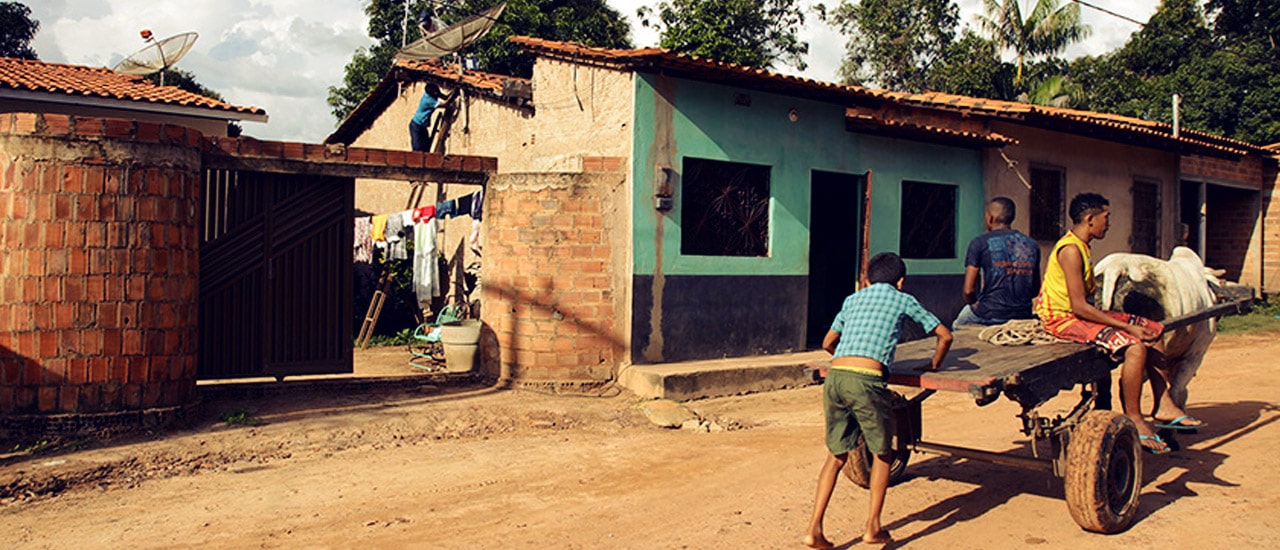Today’s guest author is Carlos Afonso, executive director of Instituto Nupef.
Our aim is to contribute to the growth and improvement of community networks policies and practices in Brazilian rural areas by strengthening marginalized movements and communities. Our project is supported by the Internet Society Beyond the Net Funding Programme and developed by the Brazil Chapter in partnership with the Instituto Nupef (Center of Research, Studies, and Learning) as well as the involvement of local communities.
Nupef’s role helps to build a statement of needs perceived by the communities involved and an evaluation of infrastructural conditions in the area. It takes note of conditions for sustainable maintenance of the network; training for local people; constitution of a cooperative-like structure to operate, maintain, and further develop the network; as well as basic training on content development, user security, and privacy issues.
Although access to broadband Internet has been growing in Brazil, there is still a huge gap in marginalized regions and populations, especially in rural areas in the North and Northeast. This is the case of the Quilombola communities living in rural areas with very few telecommunications, and where over 300 thousand women make their living from gathering babaçu palm tree coconuts – “quebradeiras de coco” – in a region comprising of millions of hectares of forested lands. The largest concentration of native babaçu palm trees integrates an ecosystem which covers the states of Maranhão, Pará, Tocantins, and Piauí, mainly in the Legal Amazon basin. Much of the land where the babaçu palm trees grow has been irregularly occupied by extensive cattle ranchers and farmers who have destroyed a large part of the babaçu forests and now either ban access to the palm trees or charge the “Quebradeiras” for collecting the coconuts, resulting in many violent conflicts.
We want to provide low-cost, good-quality Internet access for these populations – in addition to reducing the digital divide that exists in Brazil and enabling the means for defense mechanisms to protect people from constant threats and related violence.
What we expect to achieve:
- The creation of communication systems to be used as a defense mechanism to help protect communities against the constant risk they are exposed to due to intense pressure related to land disputes.
- Enabling community members to access education resources, e-government services, and leverage their capacity in negotiating better terms for their products.
- Mitigating the digital divide as well as contributing to the spread of networking practices in Brazilian rural areas in order to strengthen marginalized movements and communities.
This project is part of a larger and longer-term initiative by Nupef in association with local organizations and expert groups working in community networking. The Chapter will be known by these communities as a committed contributor to advancing these initiatives. Nupef maintains an international web portal on spectrum and community networking, and the communities involved are associated with other movements and organizations, thus providing a suitable environment for understanding and learning about the mission of the Internet Society and its Brazilian Chapter.
Do you have a great idea to make your community better via the Internet? Apply for a Beyond the Net grant, which funds projects up to $30,000 USD, and follow Beyond the Net on Twitter!
